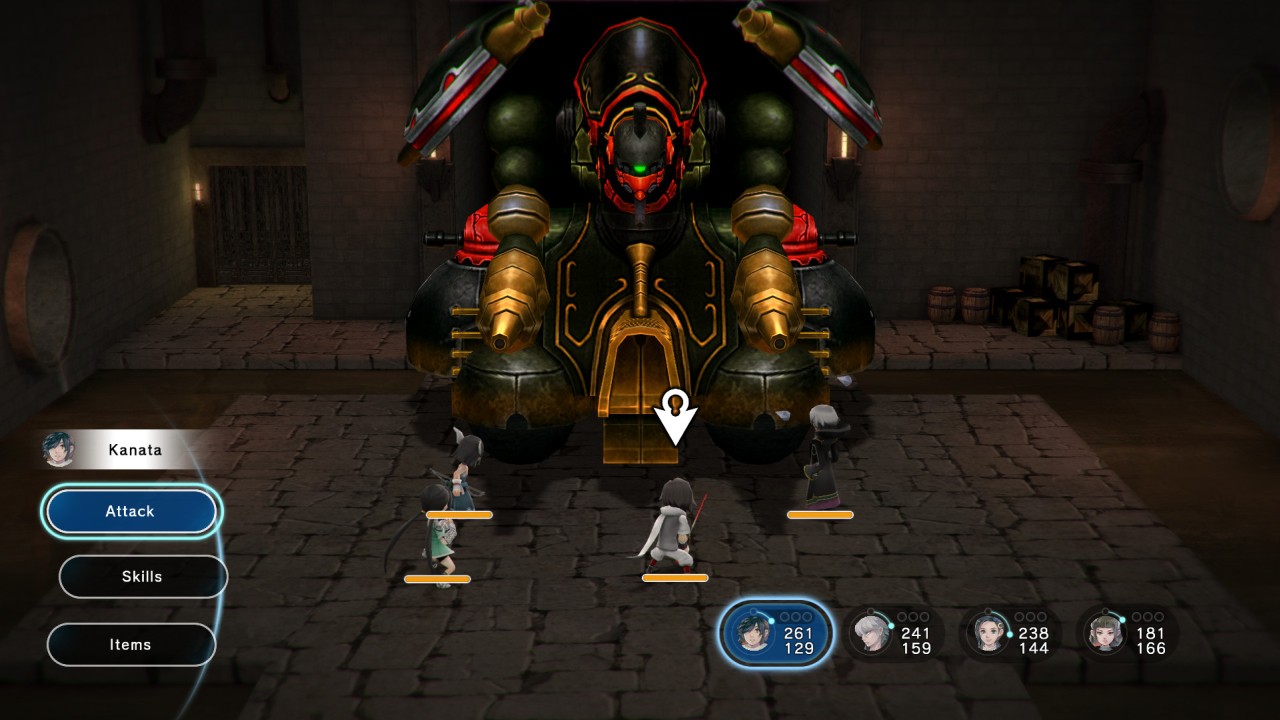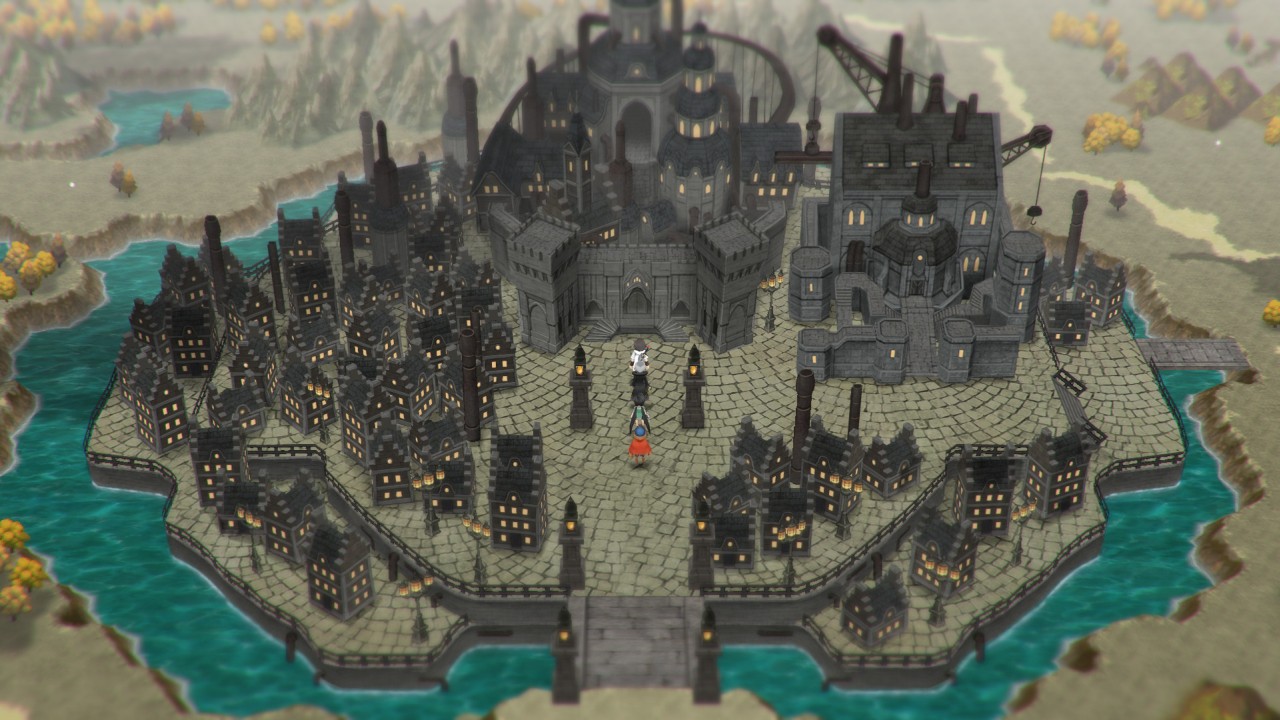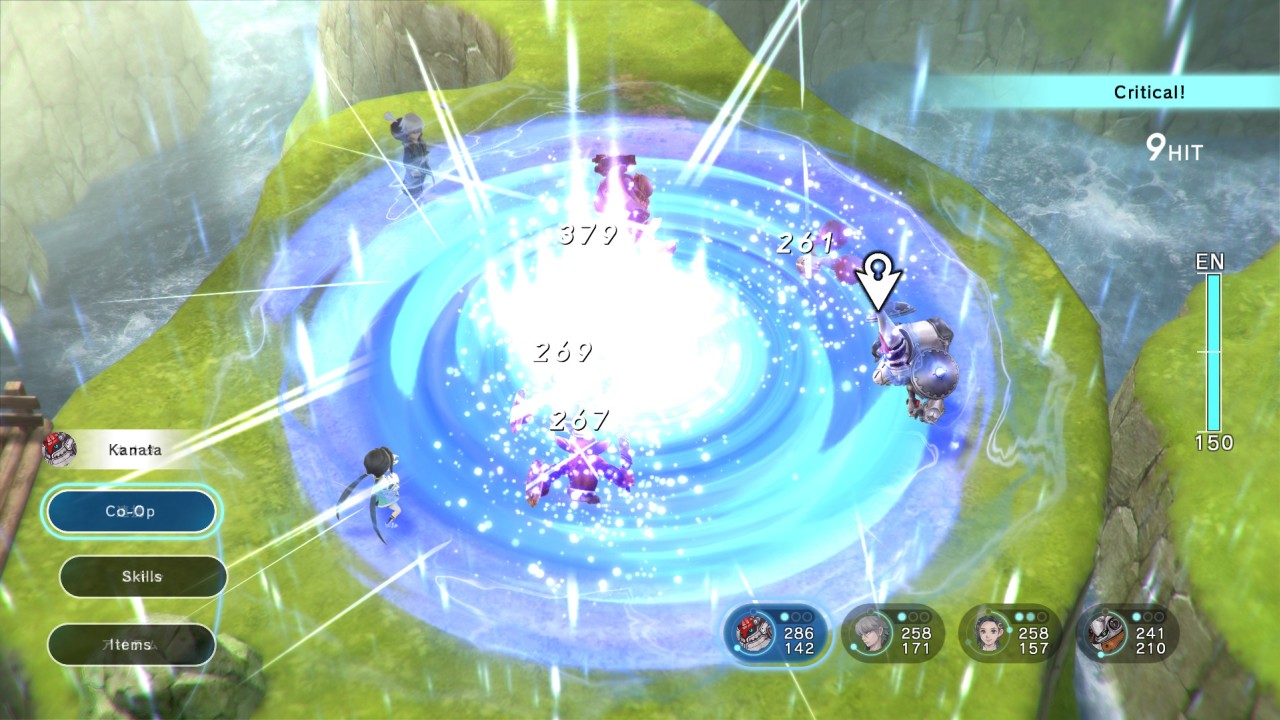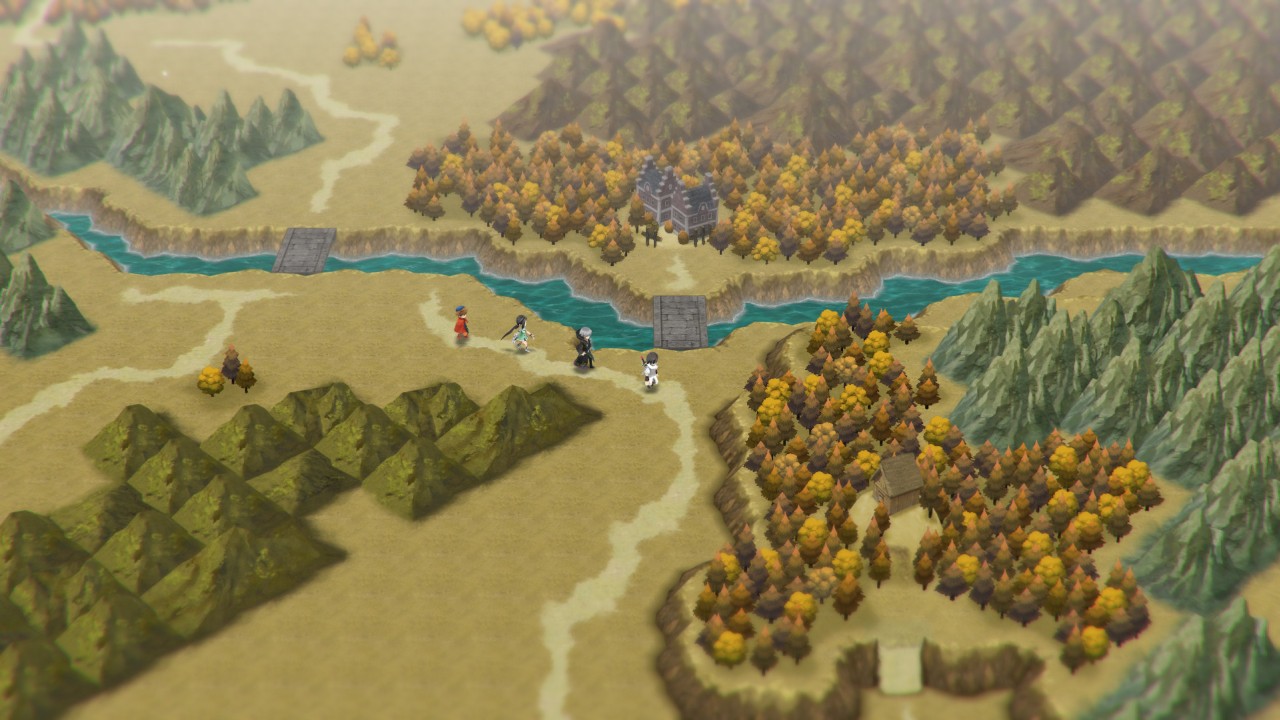Lost Sphear Review
An unsatisfying sequel that loses the originality and charm of the original effort
It’s been fun over the last few years to see a resurgence in old RPG sub-genres. The power of self-publishing and niche marketing has allowed studios to take on smaller passion projects using throwback RPG aesthetics, which in turn lets said studios try more ambitious and interesting narrative ideas since the game doesn’t need to ship 5 million copies to be a success. This has largely affected the cRPG space, with Pillars of Eternity and Divinity: Original Sin as the poster children for this campaign, but I also counted 2016’s I Am Setsuna among the recent successes. Tokyo RPG Factory’s somber, meditative exploration of sacrifice and death struck a chord with me - so I was really excited to see what the studio would do next with its new title, Lost Sphear.

Unfortunately, what they’ve done is squander most of the accrued good will on a middling, paint-by-numbers effort that is pretty devoid of any engaging ideas. Some new mechanics and updates keep Lost Sphear from becoming completely bland, but it comes pretty close all the same.
The hero this time around is a boy named Kanata, an orphan, living in the country and spending his days defending his village from monster attacks - at least, that’s what I guess his job is, it’s never really explained. While Katana and his two friends are out fishing, their hometown vanishes into a white vapor, leaving only an outline of the buildings that should be there - an event that is termed as “lost”.
Homeless, Katana and his two orphan friends spend the night in a shack where he discovers he has the power to return what has been lost and restore his village. He then is conscripted by the military and stumbles into a convoluted plot of royalty, steam-punk science experiments, and ancient civilizations.
What’s incredible is how mundanely Lost Sphear delivers all of the aforementioned material. The first five hours of the game are an absolute chore as the military sends you out on seemingly pointless missions - the plot metaphorically jogging in place. Then the game finds its feet for about ten hours, as you realize the generals committing genocide might be the bad guys, and escape a military prison to journey across the world. Then, finally, the game dissolves into a final act that is equally as bad as the beginning.

Part of the problem is that Lost Sphear can’t seem to find a throughline. We know the end goal is to stop the lost phenomena - which seems to randomly affect landscape, buildings, and people - but the plot is almost picaresque in how quickly it picks up and discards ideas. Tokyo RPG Factory’s constant need to distract the player gets in the way of finding attachment to a singular arc and clouds the journey of the characters.
The characters themselves aren’t doing the game any favors. Lots of JRPGs feature trope-y and one-note characters, but at least those tropes help players remember each character and their motivations. Lost Sphear’s cast manages to be even worse than a handful of tropes by being completely forgettable, none of them standing out, and all of them sounding the same. I lost track of how many characters had psychic premonitions or said they “sensed” a power nearby. Everyone has the same cadence and tone; I would constantly lose track of who was speaking because it didn’t matter. The game tells you that there’s conflicted emotions and attractions and internal struggle, but the characters never show any of it.
When you’re not mindlessly skipping through the dialogue, you’ll be exploring the world and fighting monsters. The combat is largely reminiscent of Chrono Trigger with turn-based fights and a timer which controls how quickly each character can act. The riffs on the JRPG turn-based combat are still good; the timer adds urgency to the fights and it’s still cool to earn skills by buying them, which you can do using memories dropped from monsters and collected in the world. However, by the end of the game, the combat had overstayed its welcome. About halfway through, Lost Sphear stops introducing new enemies and starts just throwing more of them at you. So the final handful of hours I was just spamming area of effect attacks to whittle down the numbers and using vanilla attacks to finish single enemies off - after about ten hours of that, anyone is likely to be bored.

The biggest change from RPG Factory’s previous game is the mech (termed “vulcosuits”) combat. The vulcosuits behave a little differently for each character, adding more special abilities to choose from. Also, instead of using a character’s magic points for special attacks, they drain a collected pool of vulcosuit points, shared between all characters. The shared pool means that these suits can quickly lose their power, and it can only be restored by using certain items or resting at an inn. So you’ll likely be saving them for the more difficult fights. This is actually a pretty smart move because it makes combat in your vulcosuits feel that much more special.
The real pity is the underutilized idea of Katana collecting memories so he has the power to restore parts of the world that have been lost. It feels like there could be some creative new mechanics that players could have used to collect these memories, but you mostly just find them like any other item and spend them in menu screens. One cool element is that when you restore large sections of the world, you choose a building to place on the map - this building can affect your party with different modifiers, like raised crit chances in battle or the speed of travel in the overworld.
The bummer about restoring the world is how forgettable it is. I am Setsuna might have been guilty of only having one setting, but at least their wintery world stood out from other RPGs. Lost Sphear’s setting feels awfully generic. While the environments vary from a capital city, to sandy deserts, to lost ruins, all the assets feel like they came out of a box. There’s no personality to Lost Sphear, and that’s the most painful difference from its predecessor. The music has traded in the melancholy piano score for something that feels pulled from stock JRPG soundtracks. There’s no thematic ideas to underscore the derivative plot, even the game’s biggest set-piece moments feel like they’re just riffing on better ideas in other games. Again, that would be forgivable if Lost Sphear could find a new spin to put on all of this, but that seems to be asking far too much.
Technically, the game is solid. Lost Sphear isn’t doing too much with its tech, but I only had it crash on me once. What’s even better are the features Tokyo RPG Factory added, allowing you to save the game wherever you want. The new quicksave means you’ll no longer have to hunt for save points before turning the game off or call it quits early because you’re worried about how long it might be until you find another place to save. Considering what a headache this was in I am Setsuna, it’s a nice addition here.

Still, while Lost Sphear offers some new elements, it can’t help but feel like a disappointment. The main combat becomes dull about two-thirds through the game, the characters are entirely forgettable, and the plot can’t think of anything for you to do. Yet, all of that could be salvaged if the game had any thematic or tonal ideas to set itself apart. The most damning thing about Lost Sphear is how generic it all feels. The JRPG genre deserves to have smaller budget games that challenge players with new ideas, both narratively and mechanically. The genre deserves a better game than Lost Sphear.
 Comments
Comments















